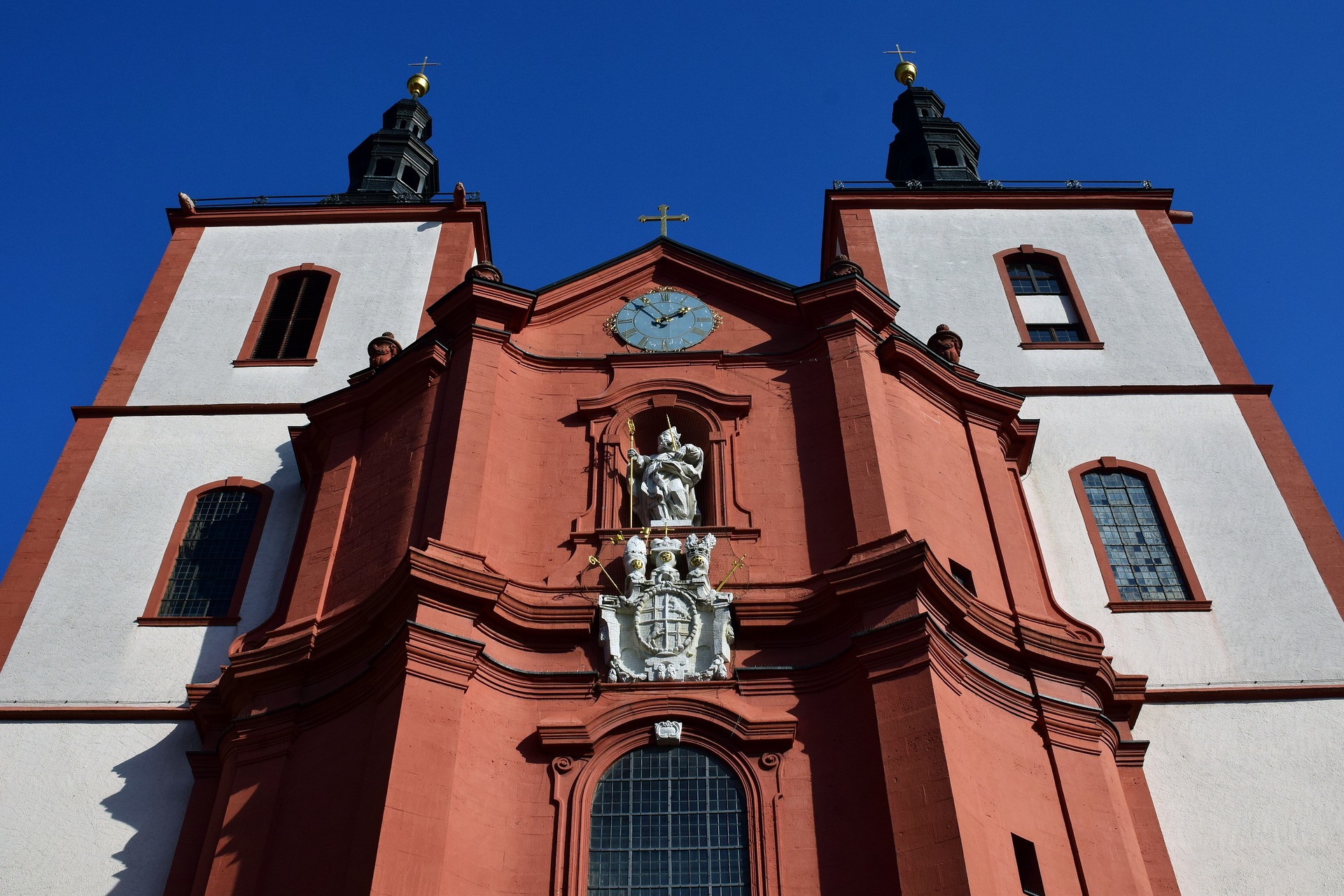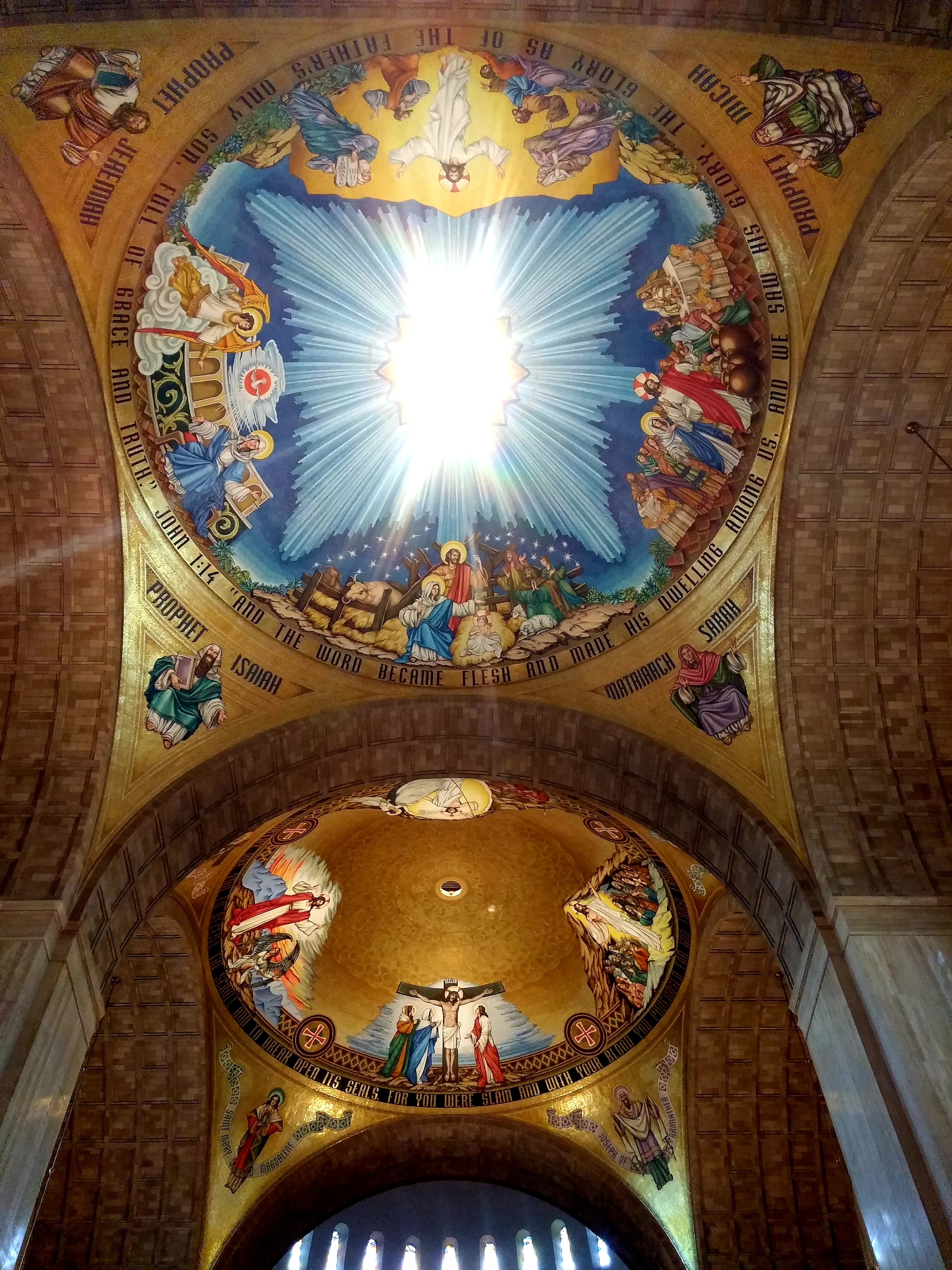I have a chalk wall in my kitchen, and each time that today’s Gospel about being salt of the earth and light of the world appears in our lectionary, I draw a salt shaker and a lightbulb on that wall with the words, “Be salt. Be light.” You can probably buy little signs like that on Pinterest as a reminder of what Jesus calls us to be, but family is subject to my primary-school caliber sketching!
Matthew positions this passage immediately after Jesus gives the beatitudes to the crowds in the Sermon on the Mount. Through the beatitudes, Jesus shares that we are blessed in a myriad of situations in our lives: for being poor in spirit; in our mourning; in meekness; in hunger; in showing mercy; keeping a pure heart; being peacemakers; and even in persecution. In each beatitude, Jesus confers a corresponding blessing. (See Mt 5:3-10).
The blessings named in the beatitudes give us the graces to be salt of the earth and light of the world, as we hear in today’s Gospel, so that others may “see your good works and give glory to your Father in heaven” (Mt 5:16).
But today’s Gospel also carries a cautionary word. Jesus warns: “But if salt loses its taste, with what can it be seasoned? It’s no longer good for anything” (Mt 5:13).
These sentences speak to my heart of burnout. Life’s situations, including those named in the beatitudes can challenge us. Even working within our vocation can be difficult. If you, like me, are a busy worker bee, you might be tempted to press on working and working without taking the time in prayer, in the Sacraments, and in fellowship, to spend time with the Lord.
Do you have a tendency to work yourself into burnout? I think a lot of us do. Just think of how often you see someone and exchange hellos and then ask, “How are you?” How frequently does the other person respond, “Good. Busy. But good.” Listen closely, and I think you’ll find that “good-busy-good” is a prevailing paradigm in lexicon of polite dialog.
If good is always busy and busy is always good, can you be actually salt of the earth and light of the world? I cannot.
I was speaking with a friend in ministry recently about her work, and she shared that she finds herself putting off exercise and going to her weekly Bible study with regularity in order to make more time for work – good work for the Church that ideally will build up the kingdom – but nonetheless work. I could relate to my friend in this struggle because I do the same thing.
However, if we are to be salt of the earth, we have to remember not to sacrifice being a disciple: spending time with the Lord; taking care of our primary vocation before filling our schedules with good, but perhaps unnecessary busy work.
Summertime often brings with it a little vacation. This space in our calendars may also allow in the temptation to over-fill the space with more work. Yet, I encourage you to consider how you might re-gain or preserve being salt and light in the coming weeks. Leave the space in the calendar for sitting with the Lord. In this way, His glory may shine through you.
 Elizabeth Tomlin is the author of Joyful Momentum: Building and Sustaining Vibrant Women’s Groups and contributing author to the Ave Prayer Book for Catholic Mothers. She is General Counsel for the Archdiocese for the Military Services, USA. Elizabeth is an Army wife and mother of three and currently lives in the DC area. She blogs at JoyfulMomentum.org or @elizabethannetomlin on social media.
Elizabeth Tomlin is the author of Joyful Momentum: Building and Sustaining Vibrant Women’s Groups and contributing author to the Ave Prayer Book for Catholic Mothers. She is General Counsel for the Archdiocese for the Military Services, USA. Elizabeth is an Army wife and mother of three and currently lives in the DC area. She blogs at JoyfulMomentum.org or @elizabethannetomlin on social media.
Feature Image Credit: Sarah Chai, www.pexels.com/photo/woman-pitting-salt-for-bath-in-glass-jar-7263026/





